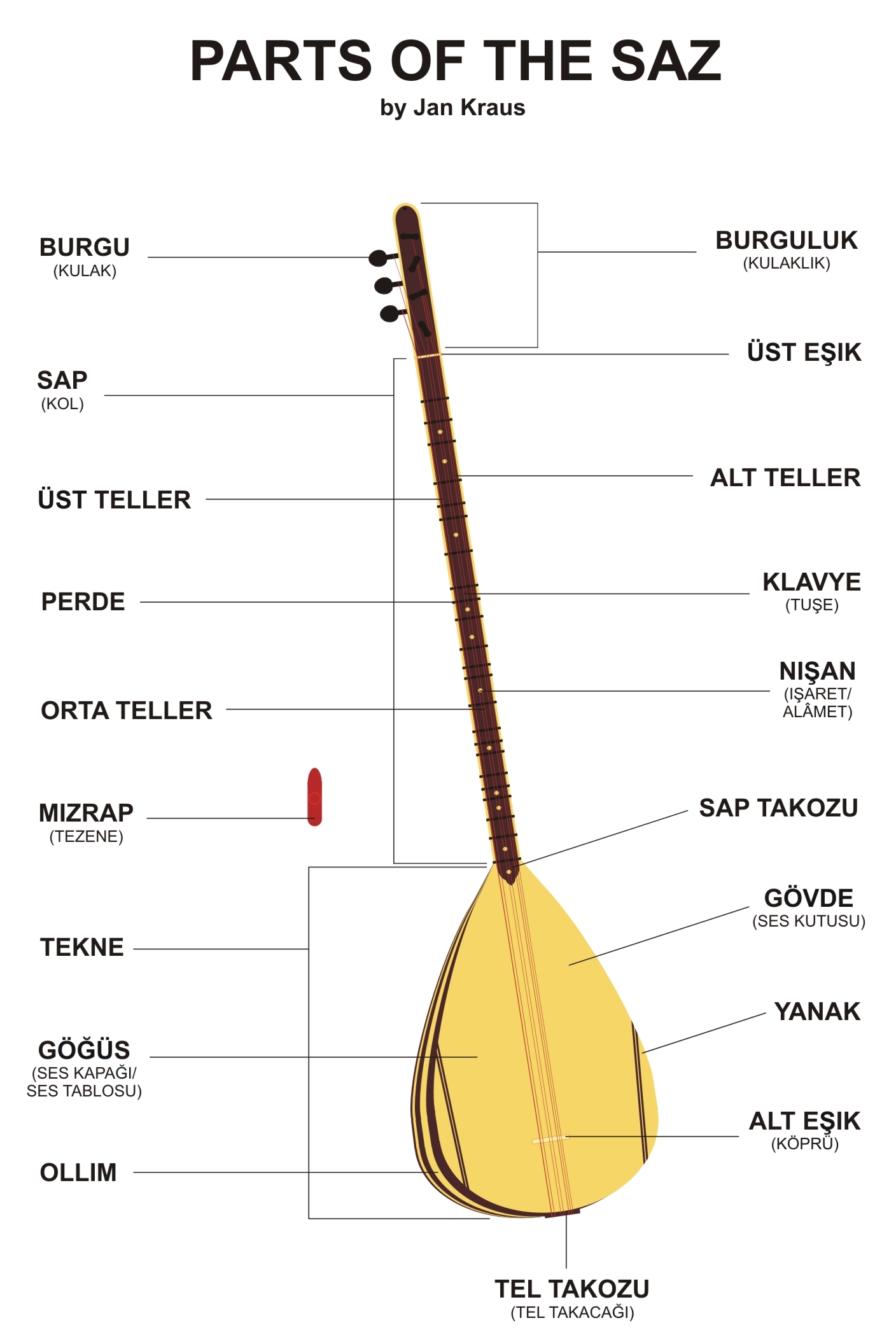|
Rehber (Alevism)
In Alevism, a Rehber is one of the 12 ranks of Imam in Alevism. A Rehber assists the Pir, provides information to the newcomers and prepares them for commitment to the Alevi path or Tariqat A ''tariqa'' () is a religious order of Sufism, or specifically a concept for the mystical teaching and spiritual practices of such an order with the aim of seeking , which translates as "ultimate truth". A tariqa has a (guide) who plays the r .... Rehbers visit various settlements and collect information on the problems and inform Pirs about these problems. References Culture of Turkey Alevism Islam in Turkey Shia Islam in Turkey {{Shia-stub ... [...More Info...] [...Related Items...] OR: [Wikipedia] [Google] [Baidu] |
Alevism
Alevism (; ; ) is a syncretic heterodox Islamic tradition, whose adherents follow the mystical Islamic teachings of Haji Bektash Veli, who taught the teachings of the Twelve Imams, whilst incorporating some traditions from shamanism. Differing from Sunni Islam and Usuli Twelver Shia Islam, Alevis have no binding religious dogmas, and teachings are passed on by a ''dede'' "spiritual leader" as with Sufi orders. They acknowledge the six articles of faith of Islam, but may differ regarding their interpretation. They have faced significant institutional stigma from the Ottoman and later Turkish state and academia, being described as heterodox to contrast them with the "orthodox" Sunni majority. The term “Alevi-Bektashi” is currently a widely and frequently used expression in the religious discourse of Turkey as an umbrella term for the two religious groups of Alevism and Bektashism. Adherents of Alevism are found primarily in Turkey and estimates of the percentage o ... [...More Info...] [...Related Items...] OR: [Wikipedia] [Google] [Baidu] |
Tariqat
A ''tariqa'' () is a religious order of Sufism, or specifically a concept for the mystical teaching and spiritual practices of such an order with the aim of seeking , which translates as "ultimate truth". A tariqa has a (guide) who plays the role of leader or spiritual director. The members or followers of a tariqa are known as (singular '), meaning "desirous", viz. "desiring the knowledge of God and loving God" (also called a '). The murshid of the tariqa is also believed to be the same as the ''tzadik'' of Judaism, meaning the "rightly guided one". The metaphor of "way, path" is to be understood in connection of the term sharia which also has the meaning of "path", more specifically "well-trodden path; path to the waterhole". The "path" metaphor of ''tariqa'' is that of a further path, taken by the mystic, which continues from the "well-trodden path" or exoteric of sharia towards the esoteric '. A fourth "station" following the succession of ''shariah'', ' and ' is called . ... [...More Info...] [...Related Items...] OR: [Wikipedia] [Google] [Baidu] |
Culture Of Turkey
The culture of Turkey () or the Turkish culture () includes both the national culture and local cultures. Currently, Turkey has various local cultures. Things such as music, Turkish folk dance, folk dance, or Kebab, kebap variety may be used to identify a local area. Turkey also has a national culture, such as national sports leagues, music bands, film stars, and trends in fashion. After the establishment of the republic, Kemalism emphasized Turkish culture, attempted to make "Islam a matter of personal conviction", and pursued modernization. Literature Turkish literature is the collection of written and oral texts composed in the Turkish language, either in its Ottoman Turkish language, Ottoman form or in less exclusively literary forms, such as that spoken in the Republic of Turkey today. Traditional examples for Turkish folk literature include stories of Karagöz and Hacivat, Keloğlan, İncili Çavuş and Nasreddin Hoca, as well as the works of folk poets such as Yunus ... [...More Info...] [...Related Items...] OR: [Wikipedia] [Google] [Baidu] |
Islam In Turkey
Islam is the most practiced religion in Turkey. Most Turkish Sunni Muslims belong to the Hanafi school of jurisprudence. The established presence of Islam in the region that now constitutes modern Turkey dates back to the later half of the 11th century, when the Seljuks started expanding into eastern Anatolia. While records count the number of Muslims as 99.8%, this is likely to be an overestimation; most surveys estimate lower numbers at around 94%. The most popular school of thought (maddhab) being the Hanafi school of Sunni Islam (about 90% of overall Muslim denominations). The remaining Muslim sects, forming about 9% of the Muslim population, consist of Alevis, Ja'faris (representing 1%) and Alawites (with an estimated population of around 500,000 to 1 million, or about 1%). There is also a minority of Sufi and non-denominational Muslims. History Islamic empires During the Muslim conquests of the 7th and early 8th centuries, Arab armies established the Islam ... [...More Info...] [...Related Items...] OR: [Wikipedia] [Google] [Baidu] |


